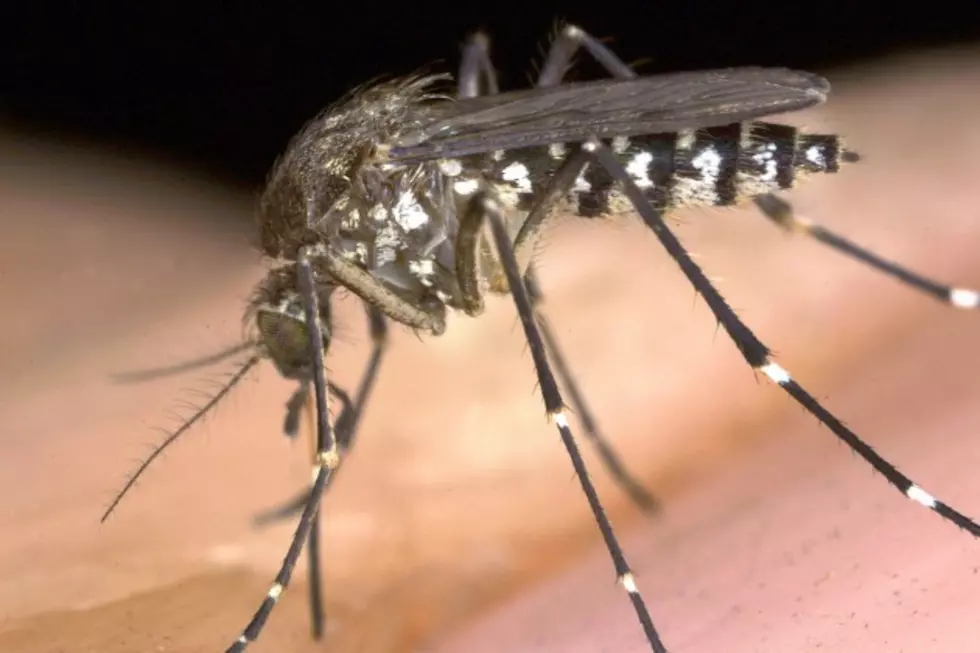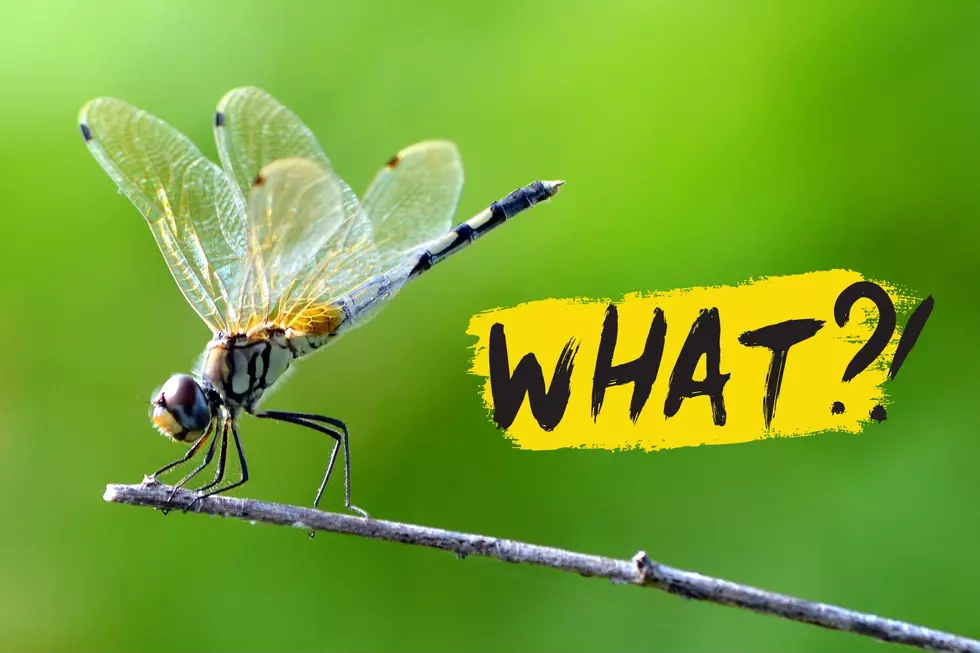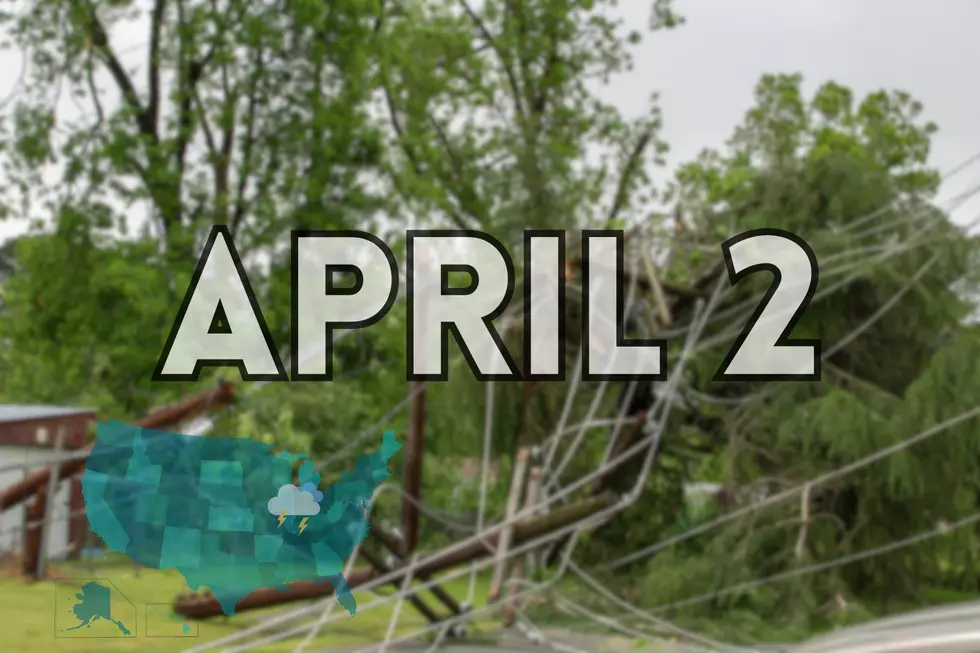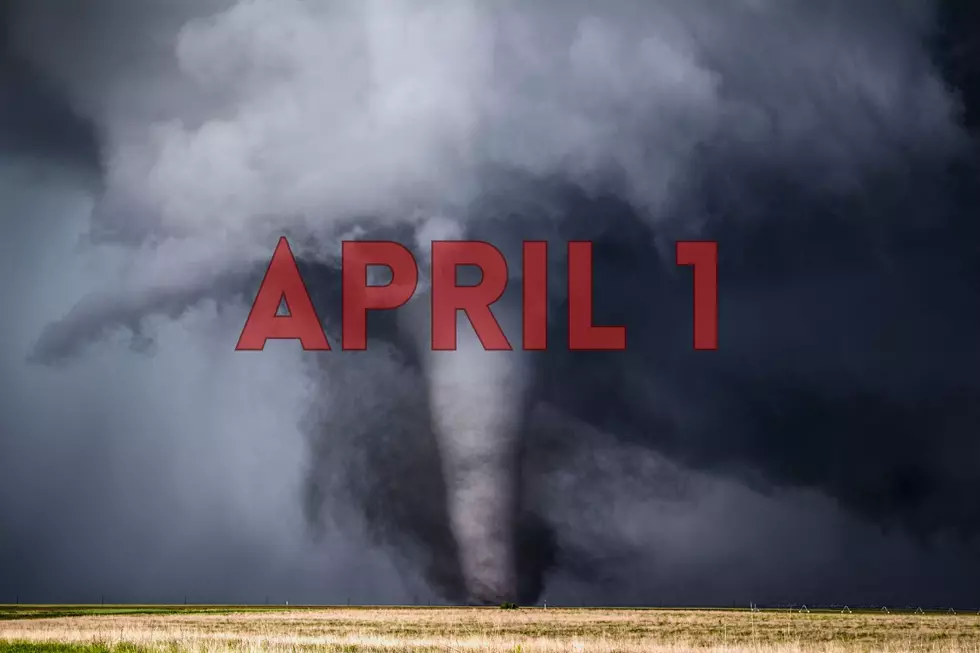
Experts Say Mosquitos and Ticks Survived the Indiana Winter
After experiencing a long cold winter here in Indiana, scientists say that although they anticipated the freezing climates would kill off the population of annoying insects, most of them likely survived.
According to the Indiana Department of Health, mosquitoes and ticks are resilient creatures, just waiting for an opportune time to rear their ugly heads. "Hard winters don't have nearly the bad effect on mosquitoes and ticks and things like that that people might think they would," said Bryan Price, lead medical entomologist with the Indiana State Department of Health.
Unfortunately, it is those pesky insects, especially the mosquito, that host the West Nile Virus that have the constitution to survive extreme weather conditions, said Price. However, Indiana’s mosquito population could be thinned out if the temperatures happen to get warm enough for them to emerge and then cold again. "That will kill off some of those mosquitoes for sure. But then again, they can sense this," said Price.
Ticks are another insect that likely suffered no peril to the wintery weather, says DNR etymologist Philip Marshall. "A lot of times what you need is more of a sudden change in a short period of time," he said. "That helps to do more damage to insects, and even us, than a gradual change."
Marshall says the ticks found protection from the cold buried beneath heavy snowfall. "I think they were underneath the snow, so they were insulated. Snow will protect them. That's why we make igloos," he said. "The other analogy is — if the weather can kill off all the insects like everybody wants, it could do the same thing to us."
To keep your home from becoming susceptible to mosquitos, Price says to make sure to eliminate standing water as the snow starts to melt. A weekly rinsing of birdbaths, flower pots and kiddie pools is another great way to keep the mosquito population down around your home.
More From WDKS-FM









